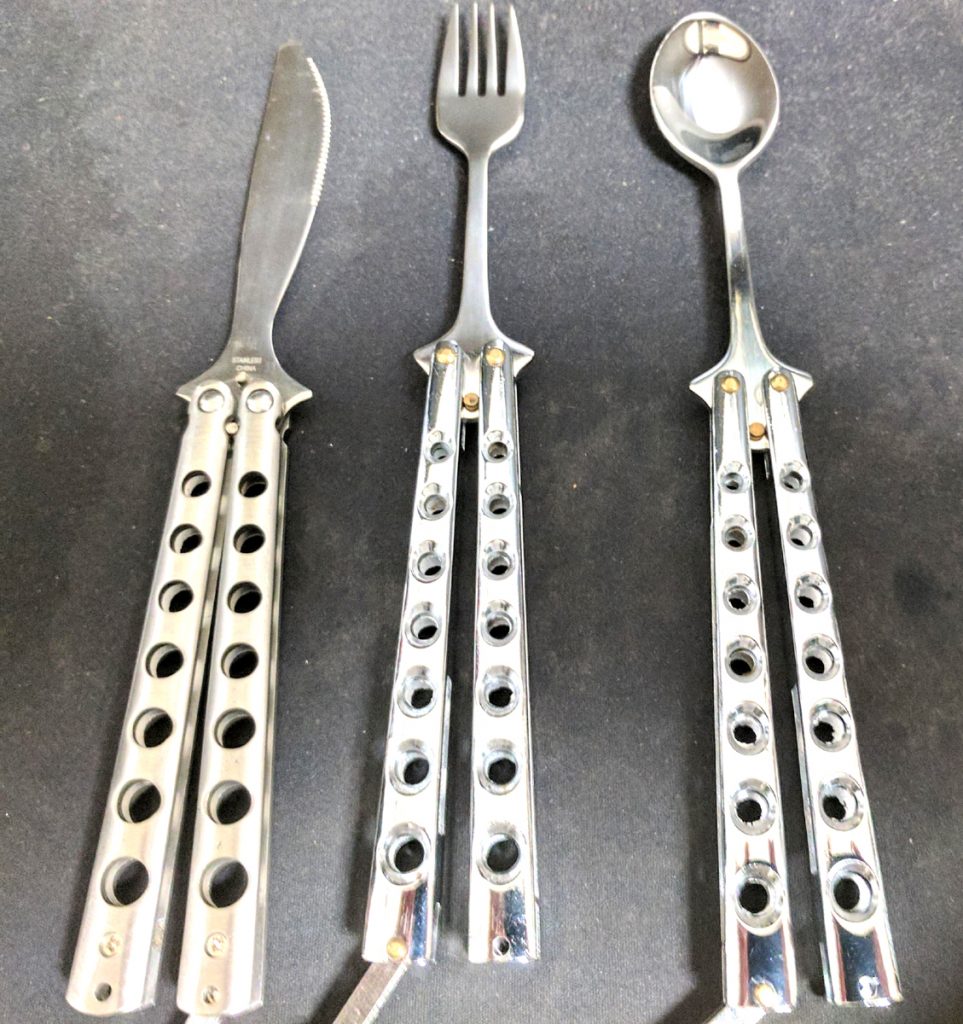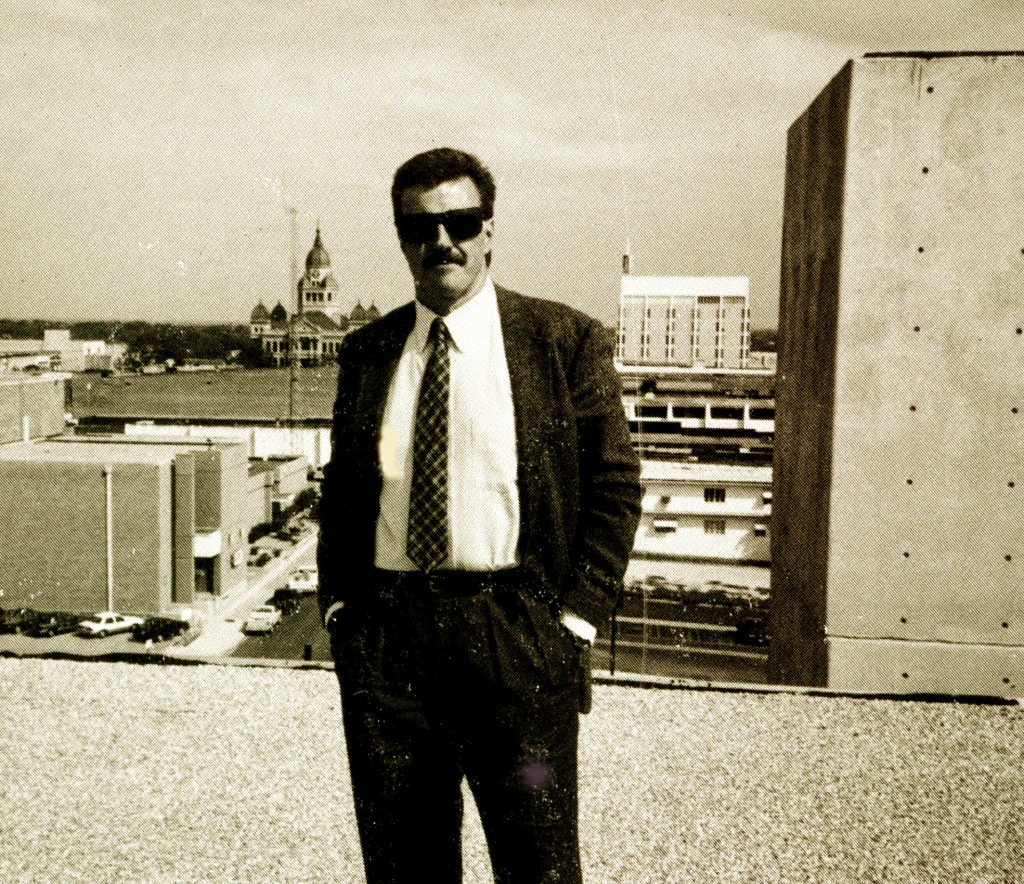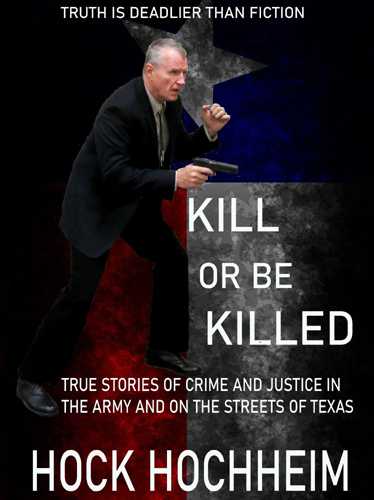I have been in court a lot, military, state and federal, helping prosecutors win cases I brought forth, for three decades. I even worked for defense attorneys in the subsequent years as a private investigator. This process was an incredible legal education. I came to believe that the best patrol officers are former detectives. The best detectives are former prosecutors. The best prosecutors are former judges (especially appellate). Of course, this reverse engineering ladder of sorts, this learning curve is impossible to officially implement.
But, I feel lucky to at least have worked in these worlds. Back then, District Attorney Jerry Cobb and his top assistants were better than most investigation schools on what details gets convictions. (Two such great and dedicated staff minds were Alan Levy and Lee Gabriel.)
(Me atop the Denton County, Texas Court House, circa 1980s. In the distance is the original courthouse on the classic downtown square. )
The law makes you think about all things big and small. The who, what, where, when, how and why. A police officer asks those questions for the crime report. The detective digs deeper. In the grand jury and trial stage we must dig even deep – deeper because you never what what tiny problem might arise in court.
Law school should export critical thinkers. All lawyers should be critical thinkers. They are often not. But they should be. I know lawyers who are doffusses and some think like criminals.
Juries and Jurors: And Lord knows common jurors… your wonderful peers… have no training in critical thinking. It’s the pot luck, roulette wheel of your freedom and fortune.
When I was an investigator in the US Army and in those court martials, the juries consisted of officers, usually college grads. No guarantee of critical thinking, but on paper at least they appear probably smarter than civilian “Joe-Shit-The-Rag-Man,” juror, often was-is someone who was never taught civics in school, the law or government or unbiased history. Often was-is someone that when questioned think Abe Lincoln was the first president. Often someone who failed to avoid jury duty and sometimes even fall asleep in the jury box. (Oh yes, I could tell you stories – well, I have, in my book below, actually. Judges are supposed to “wake up” jurors. Naps never happens in military tribunals. Oh no. And in federal court the judges are VERY powerful and sleepers are awakened by “thunderbolts” from the bench. But in state and county courts, not always. To counter the snoozers, I would sometimes fake a loud sneeze into the microphone when testifying and coming to a vital speech point. I would watch the nappers’ heads bolt up. I would wait a few seconds for them to come to their senses. Everyone in the court knew what I was doing, but it was a Oscar-level, sneeze performance with which I could contest any objections.)
One of the many things I learned that for the colonel, the scientist or the carpet-layer to totally draw conclusions, they need to hear and analyze total evidence. Thus…the “Total Evidence theory.”
“There’s a crucial principle in probabilistic reasoning known as the ‘total evidence requirement’. This is roughly the principle that we should always use the most specific evidence available to us. Suppose the prosecution tells the jury that the accused always carries a knife around with him, neglecting to add that the knife in question is a butter knife. The prosecution has not lied to the jury, but it has misled them by giving them generic information – that the accused carries a knife – when it could have given them more specific information – that the accused carries a butter knife. In other words, the prosecution has violated the total evidence requirement.” – Phillip Goff is professor in philosophy at Durham University, UK. Writing in Aeon Magazine

(My book covers much police action and many issues like this. The title was invented by the publisher and not my choice. When you sell a book, titular things like this are out of your control. Ebook or paperback. Click here. )

